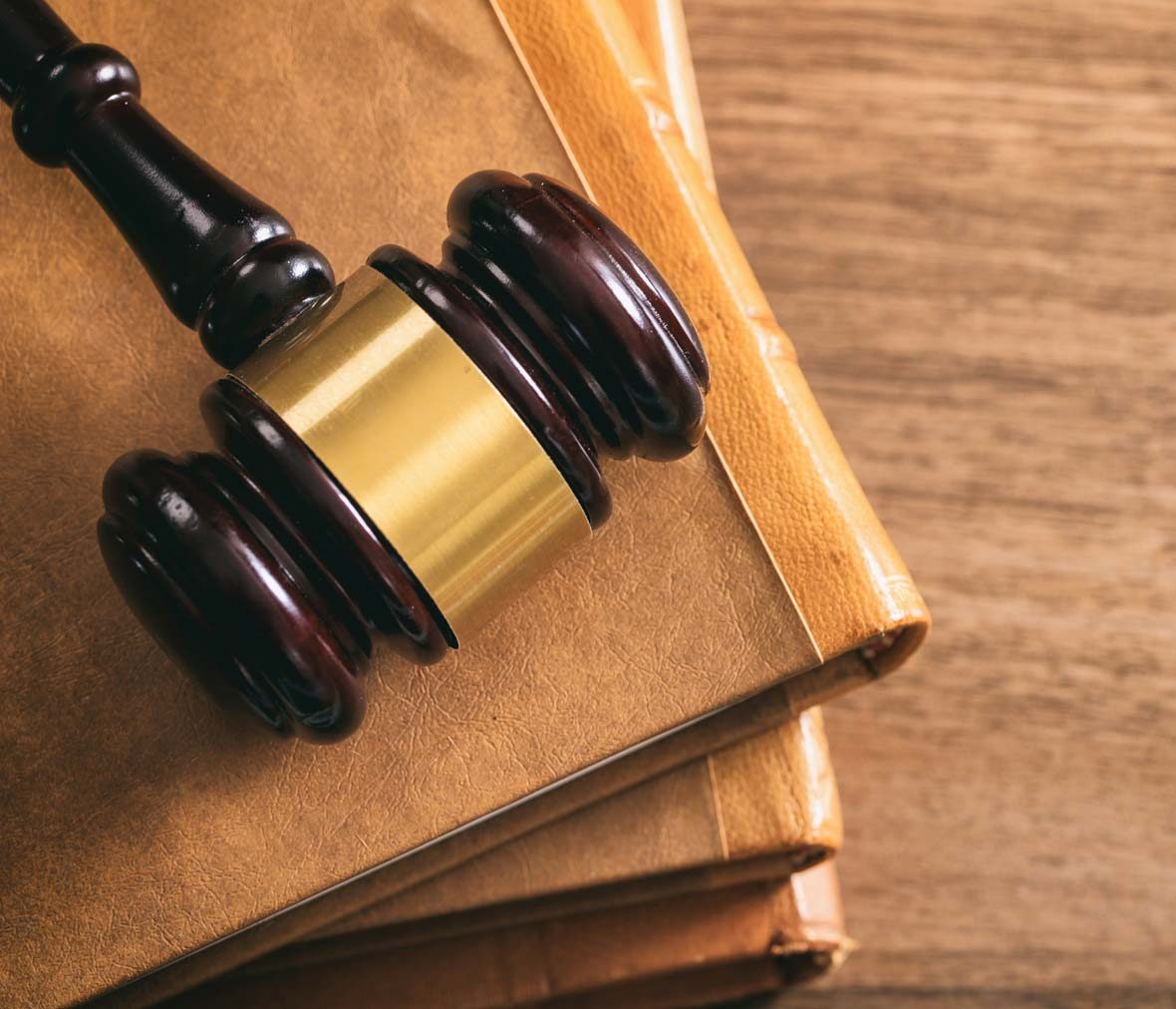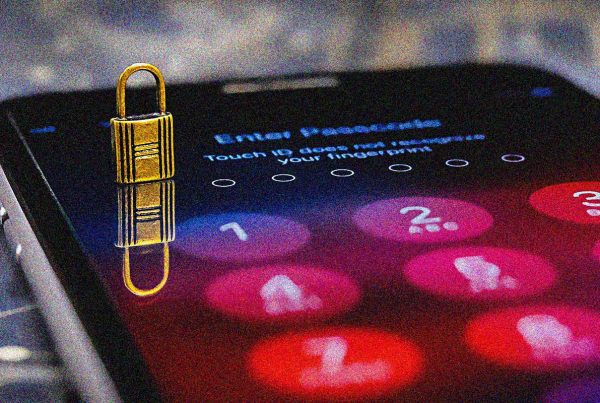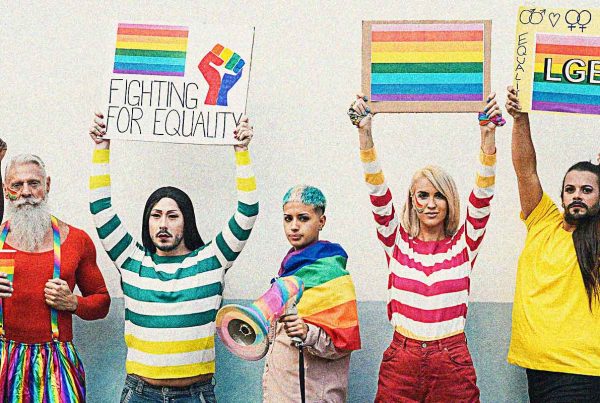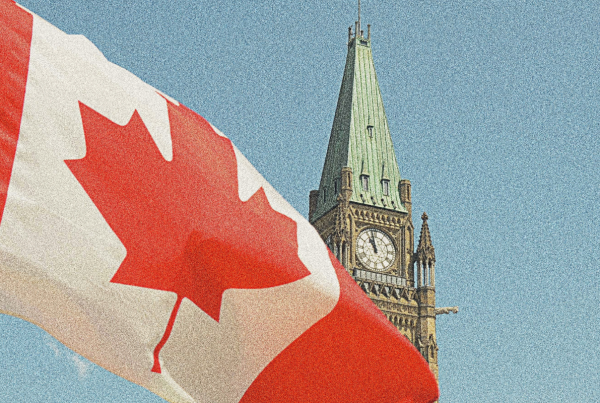3 April 2020
Hon. Doug Downey
Attorney General
11th Floor 720 Bay St.
Toronto, ON M7A 2S9
VIA EMAIL
Hon. Sylvia Jones
Solicitor General
18th Floor 25 Grosvenor St.
Toronto, ON M7A 1Y6
VIA EMAIL
Dear Attorney General Downey and Solicitor General Jones,
I am writing with respect to Ontario Regulation 114/20: Order Under Subsection 7.0.2 (4) of the Act – Enforcement of Orders (the Order). During this critical period, we understand that resources are strained, time is of the essence, and new powers may be necessary. Unfortunately, the new Order has created a power that allows officers – including police and by-law officers – to card and profile, does not include necessary precautions, and does not include accountability measures that might help assure the public that police and by-law officers are executing their authority in a fair and equitable manner.
As you know concerns about carding, racial and social profiling led to a serious crisis of distrust and concerns about policing in locations across Ontario, from Ottawa to Peel, Toronto to Thunder Bay. Discrimination, even when based on systemic, institutional structures or unconscious bias, is harmful to individuals and communities, while distrust is harmful to effective policing. To defeat the new coronavirus, trust and working together are more important than ever.
Unfortunately, the new Emergency Order referenced above authorizes police officers and other provincial offence officers, including municipal by-law officers, to stop large numbers of individuals, to demand and record their name, address, and date of birth. Although this authority appears to be clearly defined, as it is applies to situations where an officer has “reasonable and probable grounds” to believe a person violated one of the emergency orders, the reality of these orders is that they are extremely broad and uncertain. How is an officer to know whether a group of people on the street (or even in their own home) is one large family or a “social gathering” of over 5 people? And how do they distinguish between a gathering and individuals greeting each other while taking their children out for daily exercise? Is every officer and by-law officer able to judge a 2-metre distance? These uncertainties and others will be heightened in densely populated neighbourhoods, and where individuals live in apartment buildings without a backyard.
In short, the standard of “reasonable and probable grounds” becomes unclear when based on unclear underlying restrictions, giving officers wide latitude under the new Order to stop individuals and demand their information. And without accountability measures, how is an individual and their community to know whether the officer was correct or even reasonable, whether the officer exerted this discretionary authority appropriately and fairly, or did so based on unconscious bias, systemic discrimination, or even on unlawful grounds?
If the covid crisis continues for several months, and if this Order is extended during that time without constraints, privacy protections and accountability measures, it could lead to a mass police database based on these broad and uncertain grounds. Efforts of the past few years to create effective community policing and to build trust with marginalized communities could be seriously undermined.
To address these concerns, and protect individuals’ rights, we call on you to take the following measures without delay:
A. Amend the Order and otherwise instruct police services and any other authority collecting and/or retaining data under this Order as follows:
- Any information collected under this Order should not be retained unless necessary, and if retained, should be held with appropriate privacy protections including restrictions on sharing, and expunged at the earliest possible opportunity, and no later than the end of the covid emergency;
- If retained for any period, data collected under this Order must be clearly marked as such, and segregated from any non-covid data, to protect individual privacy, and to ensure that it can be easily located and expunged as above.*We would note that during the city of Toronto carding crisis, the Toronto Police Services claimed that they were unable to expunge historical carding data due to the fact that data was all together in one database, and would be difficult to locate. It is incumbent on police and any other authority which may collect and/or retain data under this Order to take immediate measures to avoid such difficulties in the future.
B. At a minimum, require police services and other relevant authorities to take the following accountability measures:
- Officers must inform individuals of the reason for the stop and for the demand for information.
- If officers do record data about an individual, the officer must also record the individual’s perceived race, whether the individual appears to be Indigenous, and whether the individual appears to be homeless, or to have a mental health issue;
- Provide the individual with a carbon copy of information recorded about that person. The copy must also include the officer’s name, badge number or the equivalent, and the reason for the stop;
- Keep records on where and when officers are being deployed, and for what reason;
- Create and implement measures to ensure that this and other emergency orders will be implemented in a way that promotes fair, equitable and non-discriminatory policing and service delivery.
- As soon as practicable in light of the crisis, each police service and other relevant authority must proactively publish:
- Their practices and policies with respect to the collection, retention, privacy, and expungement of covid-related data;
- Anonymized information about interactions and the outcomes of these interactions including when data was collected, and when they resulted in warnings, fines, tickets and arrests. The information should be disaggregated to allow for analysis of the effect of the emergency orders, including the effect of this new Order, on individuals on the basis of race, Indigeneity, mental health, and homelessness.
- Measures they have taken to promote fair, equitable and non-discriminatory policing and service delivery.
In fighting a pandemic, collecting and retaining mass individual data is not the only option, and it is questionable how useful or effective it can be. Without the new Order, officers can still educate, warn, disperse gatherings, and undertake other forms of sensible policing, and may still ticket and arrest individuals if necessary.
During this time of crisis, it is critical that authorities protect all members of our community, and that we continue to strive for everyone’s equality, rights, and well-being.
CCLA would be pleased to provide its assistance in this regard, and we look forward to your response.
Sincerely,
Noa Mendelsohn Aviv
Director of Equality
About the Canadian Civil Liberties Association
The CCLA is an independent, non-profit organization with supporters from across the country. Founded in 1964, the CCLA is a national human rights organization committed to defending the rights, dignity, safety, and freedoms of all people in Canada.
For the Media
For further comments, please contact us at media@ccla.org.





